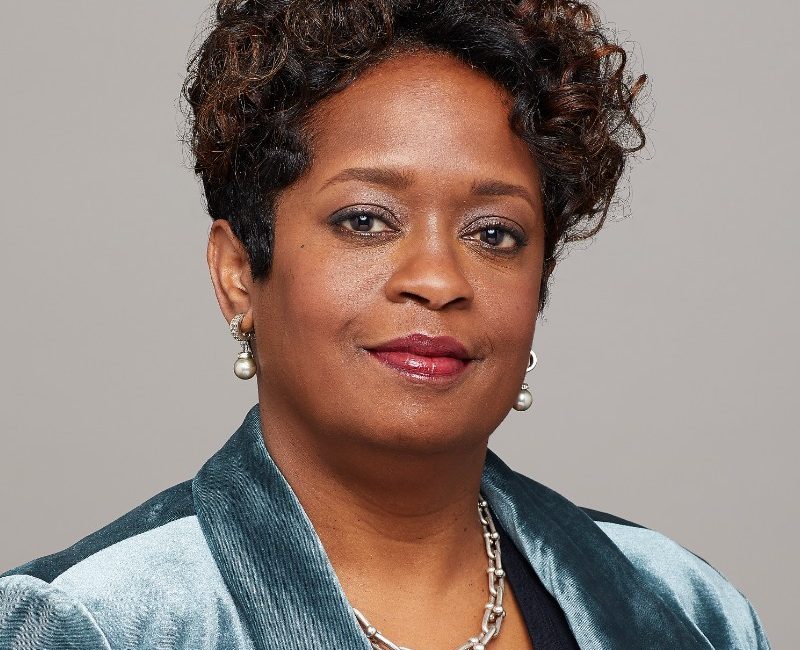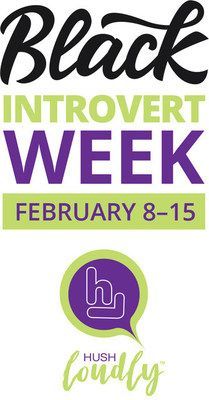
By Andre LaFontant
Jeri Bingham, founder of the podcast HushLoudly: Introverts Redefined and Black Introvert Week, makes her vision quite clear: “I’m on a mission to redefine the word introvert.” With a background in marketing and communications over the span of 23 years, she is an excellent candidate to steward the thoughts and experiences of nearly half of society. On top of that, she can relate. “I found out the word introversion was an apt descriptor for me in my late 20s,” she begins. “I finally realized that I wasn’t alone and there were other people like me. I found I wasn’t affected by being placed in an environment I wasn’t familiar with. I was fine with being alone in that space, I felt comfortable marching to the rhythm of my own drumbeat.”

Black Introvert Week, 2/8 – 2/15
Bingham’s demeanor made it easy for her to immerse herself in reading and academic pursuits. Currently pursuing her doctorate in Higher Education Leadership, she found her inspiration for HushLoudly in a student development theory course. Through the platform (her concurrently working dissertation work) she isn’t propagating the idea that introverts rule the world—while the likes of Oprah, Jordan, and Obama consider themselves to be introverts—but rather, establishing the necessary space introverts take up in our society. Misconceptions about their value has stunted potential. “Because we’re so misunderstood for the most part,” she explains, “we are in a more familiar position than others when we need to bend and be somewhat of a chameleon in certain situations. Experienced introverts can play both sides and we know how, but we must now empower those who need help understanding their worth.”
The coping mechanisms that introverts develop often start in the classroom. As Bingham places it, “introverts lead differently than the typical way we’ve been taught that a leader should lead.” She went on to say that “it is imperative that teachers know that they have different types of learners under them, and they must structure their teaching methods in order to meet each student where they’re at. If you’re being told that you need to talk more or speak up, you feel inadequate if that isn’t the primary way you feel comfortable expressing yourself.”
Effectively expressing yourself as a Black introvert presents different issues than their counterparts experience. “Black introverts may turn it on and perform as extroverts to get a job, we know that’s the type of energy that employers are looking for,” Bingham explains. “When a Black introvert gets the job, there begins an entire dance. Preconceived notions go along with my black face. If they see a sassy, bold black woman who lives her life out loud on tv and I walk into the room as none of those things, it becomes complicated because I’m not overly expressive with new people, and they all are trying to read you.”
Questions would typically follow, like if she is engaged with the work? Does she like to be where she’s at? Is she someone that can take on a leadership position? “Introverts typically have to adapt to make everyone else feel comfortable and safe. The onus shouldn’t be on the individual to prove who they are if it isn’t in their nature to share themselves that way,” explains Bingham.


